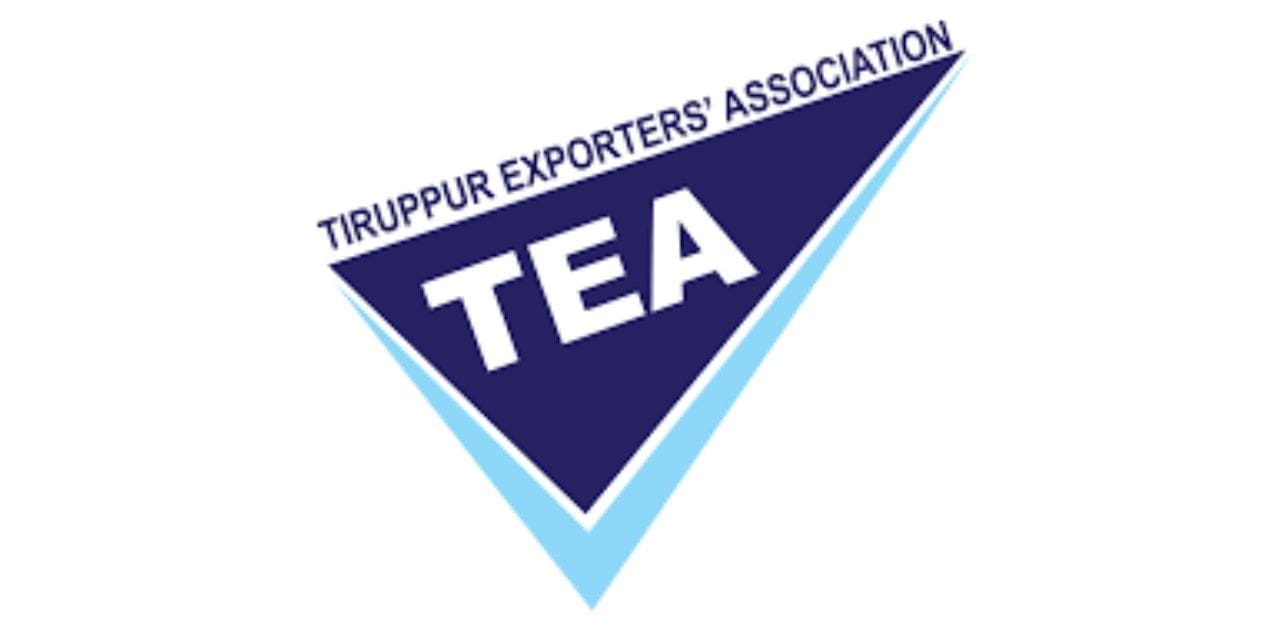The Tiruppur Exporters’ Association (TEA) recently asked Nirmala Sitharaman, minister of finance and corporate affairs, to introduce an amnesty programme to resolve export obligation default, increase the interest benefit under the Interest Equalization Scheme to 5% across the board, and establish an infrastructure development fund for textile clusters in the upcoming budget.
According to TEA president KM Subramanian’s letter to the government, increasing the interest benefit under the Interest Equalisation Scheme would aid in defending the knitwear sector.
Due to the effects of the pandemic, an increase in yarn prices, and the Ukraine-Russian war, some exporting units in Tiruppur have been struggling to meet their export obligations for capital goods imported under the Export Promotion Capital Goods (EPCG) scheme and raw materials imported under the Advance Licensing Scheme within the allotted time.
The group asked the minister to launch an amnesty programme to resolve the issue because the exporting units must pay interest in addition to the standard customs tax to regularise the case.
According to Subramanian’s report, the existence of the knitwear exporting businesses in the Tiruppur cluster is now seriously threatened by problems like low sales, payment delays, refusals to accept booked orders, and postponed shipments.
The group recommended expanding the Export Refinance Scheme to banks in order to increase export credit. Banks might be encouraged to offer export credit to exporters in Indian rupees, and the Reserve Bank of India may refinance the same amount at the repo rate.
The letter stated that there is no doubt that such a structure will lower the interest cost for export financing, giving our exports the much-needed competitiveness.
The association demanded that the Emergency Credit Line Guarantee Scheme include a specific plan for micro, small, and medium-sized businesses (MSMEs) (ECLGS). According to the report, 10–20% of the currently available credit should be granted right away to help the knitted garment industry, since many units are struggling to pay back their bank loans and stay in business.
Additionally, it asked the minister to designate 1% of the export revenue from garment clusters to a fund for infrastructure development.

